
Cincinnati Considers Marijuana Tax To Fund Reparations Program for Residents in Predominately Black Neighborhoods
By LUKE FUNK
|That’s the most important possibility in the President’s visit to Korea and Japan starting this weekend.
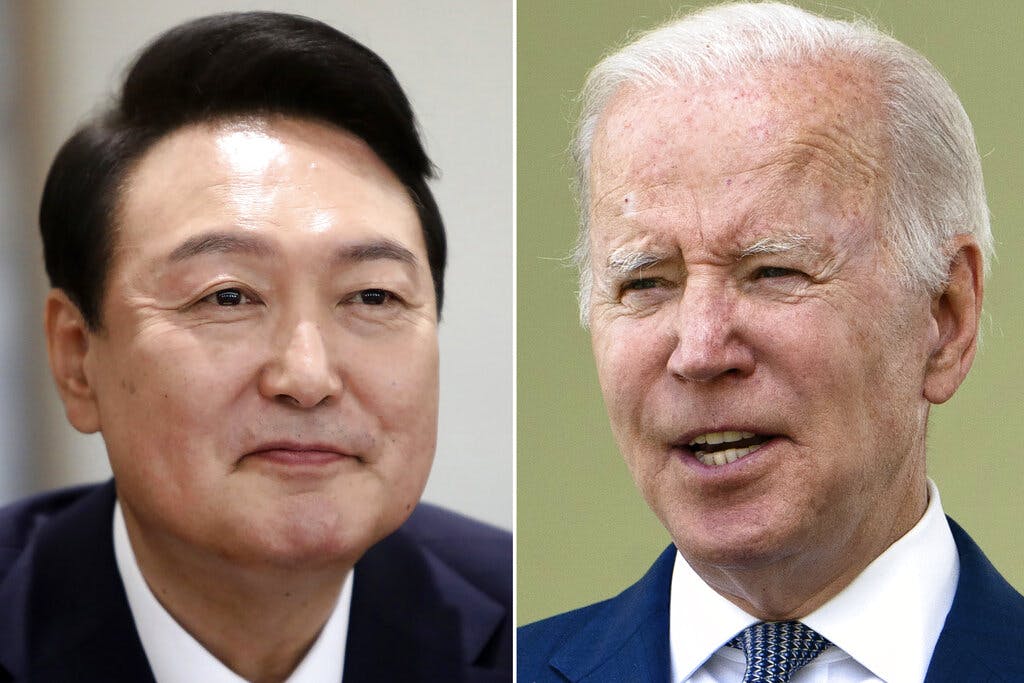

By LUKE FUNK
|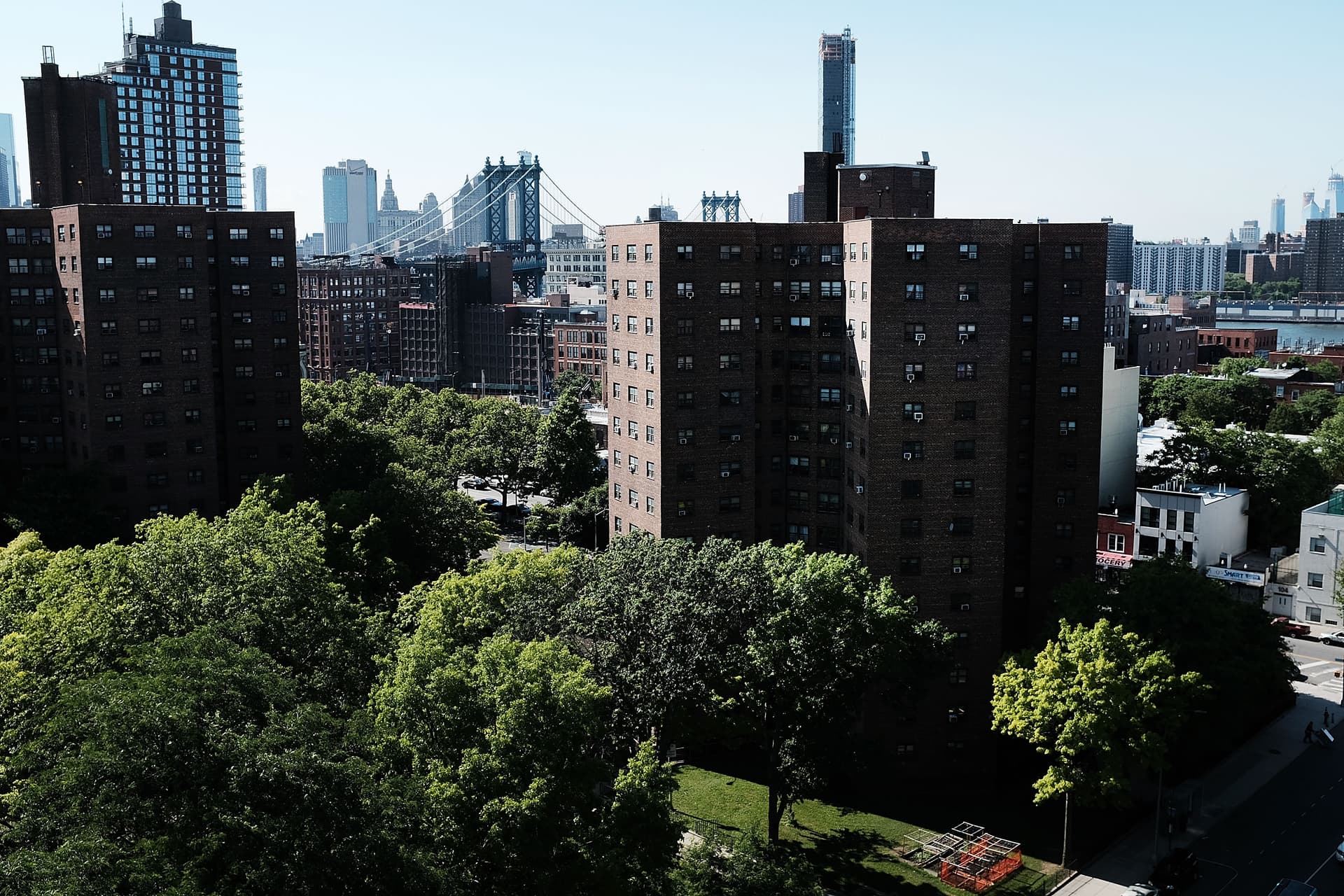
By LUKE FUNK
|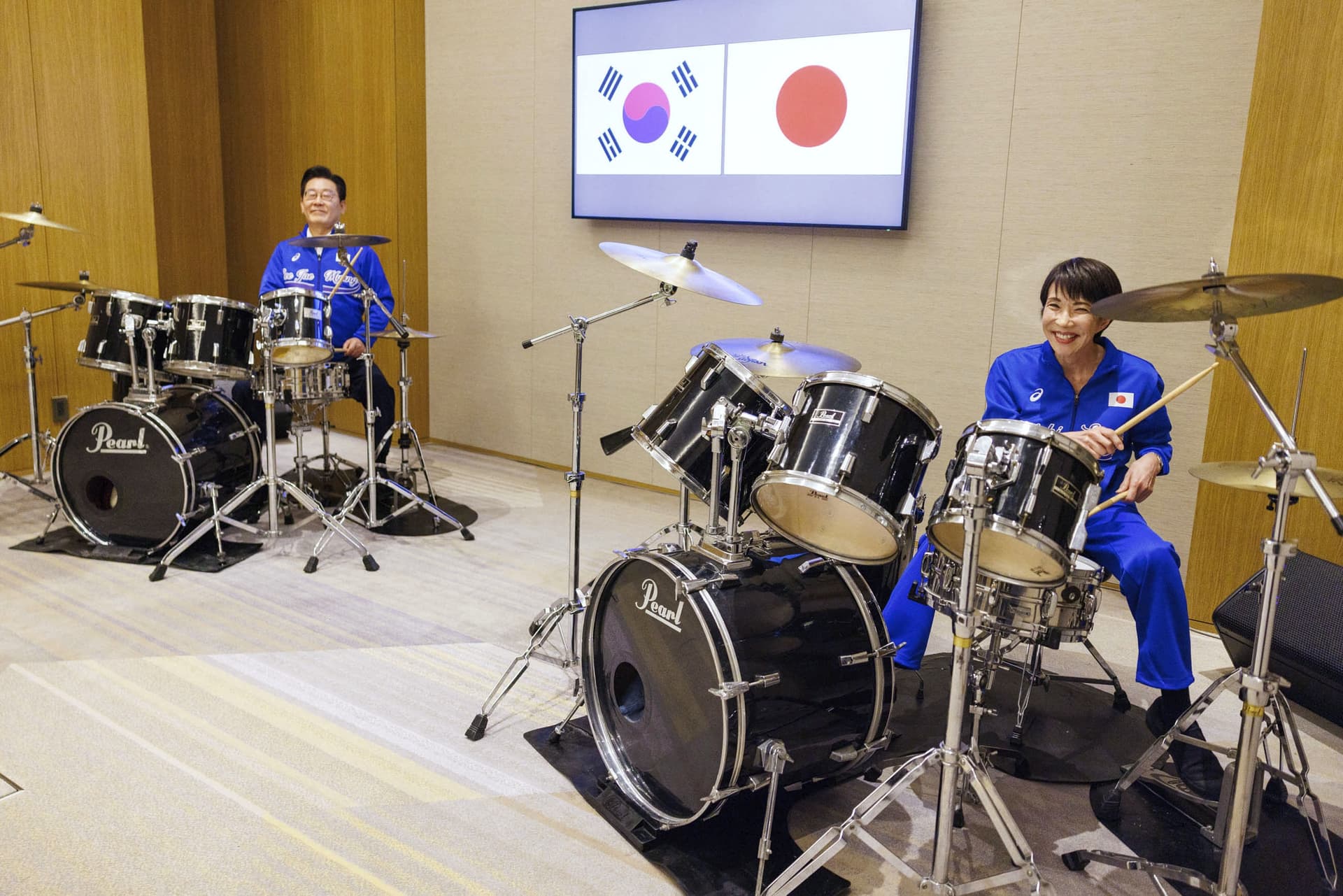
By NEWT GINGRICH
|
By STEPHEN MOORE
|
By MATTHEW RICE
|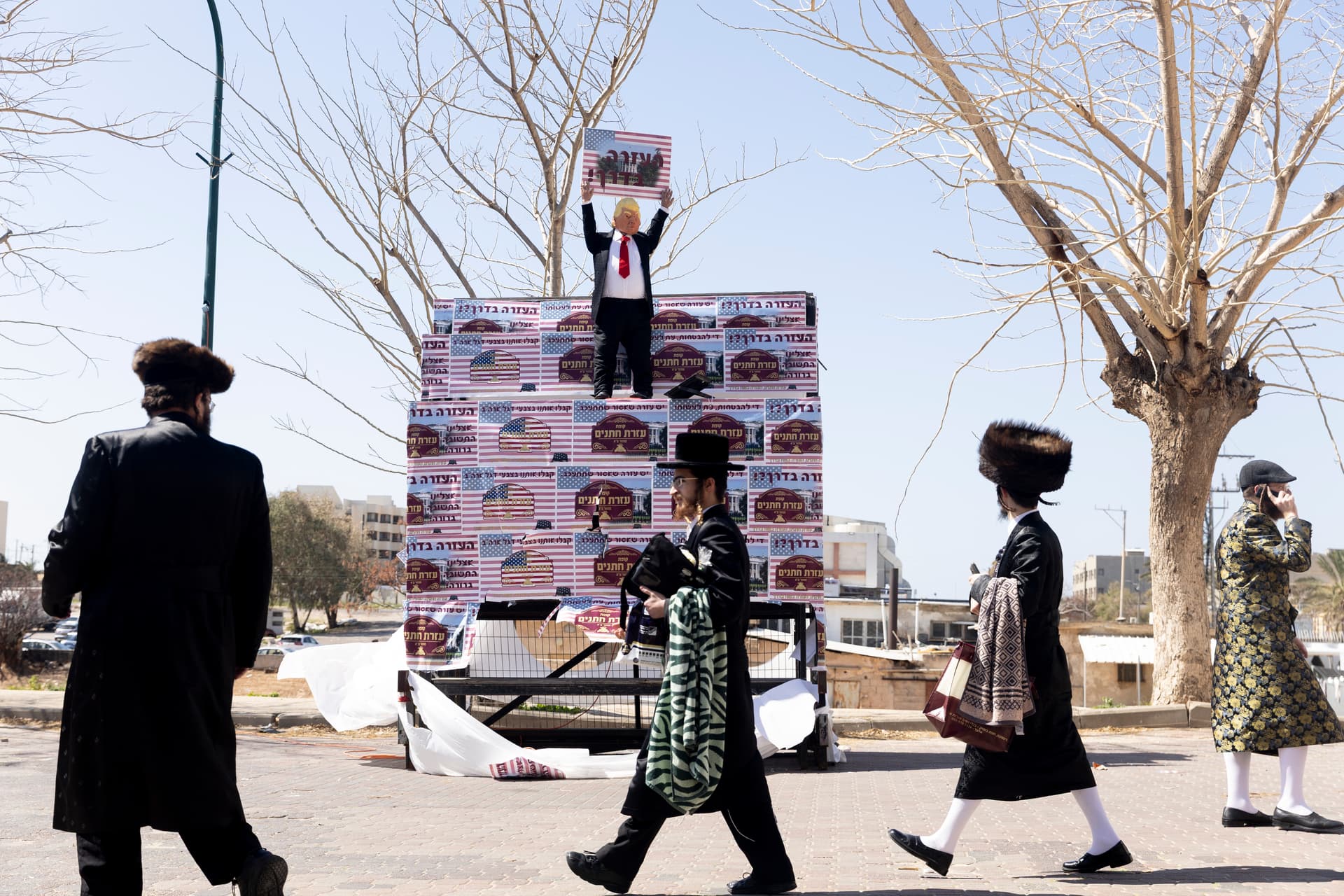
By MATTHEW RICE
|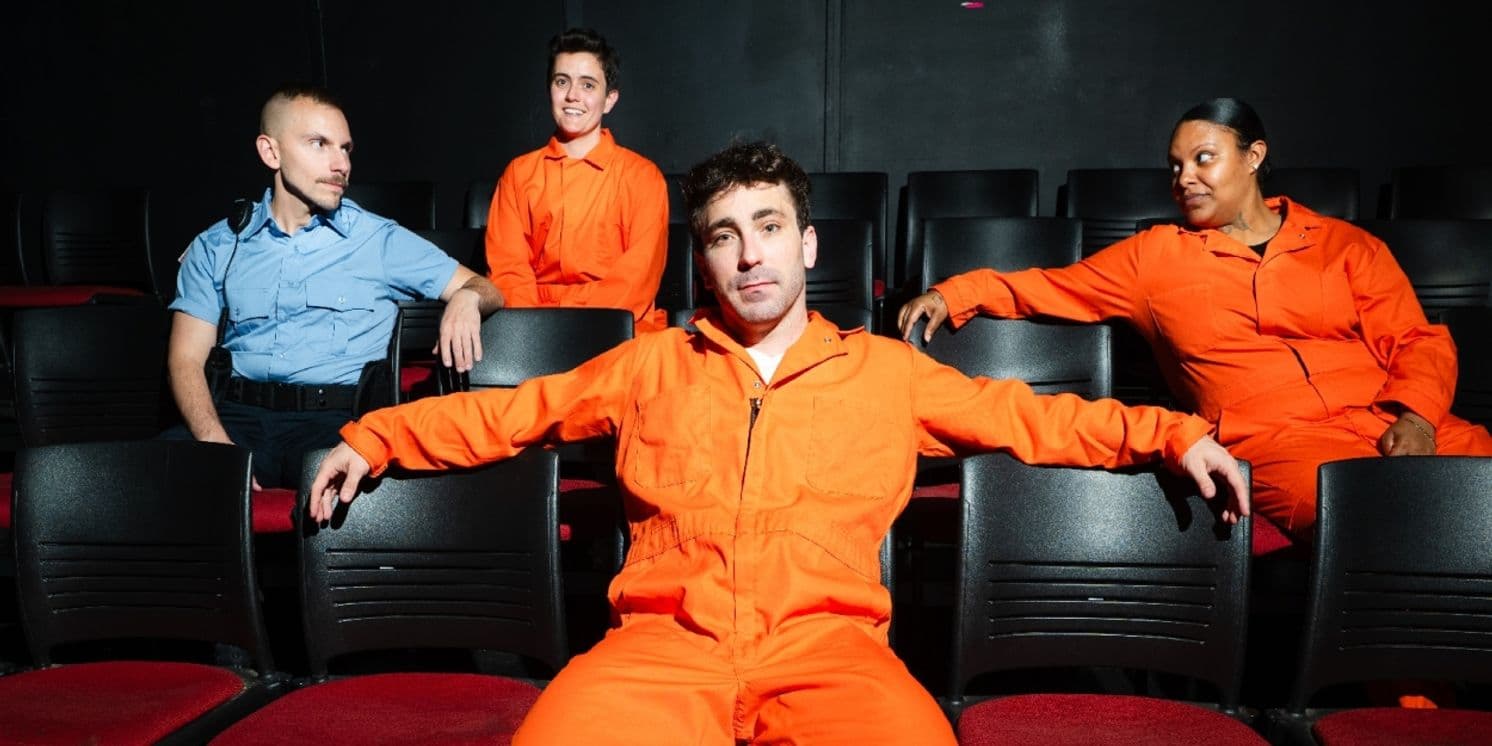
By MARIE POHL
|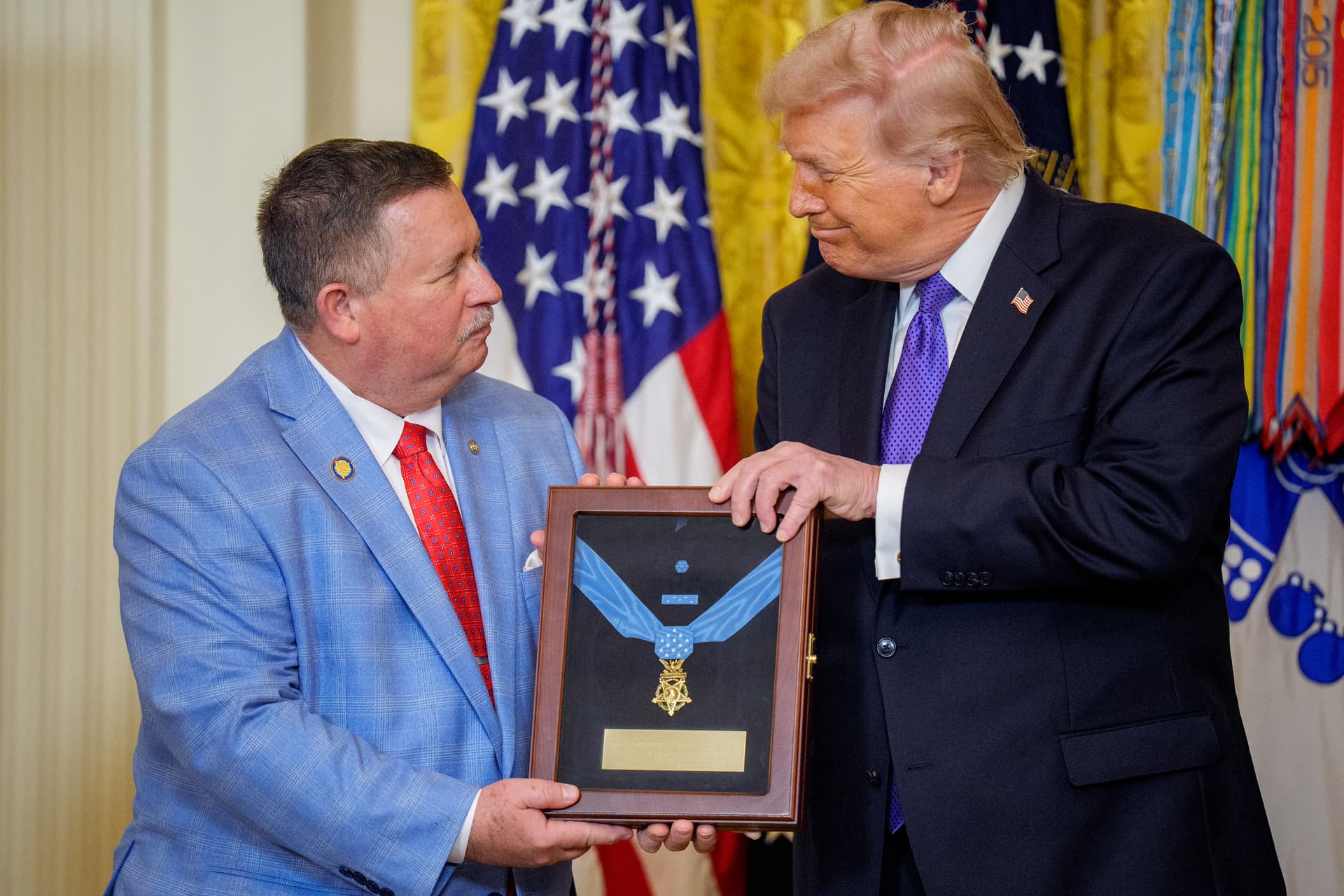
By NOVI ZHUKOVSKY
|Already have a subscription? Sign in to continue reading
$0.01/day for 60 days
Cancel anytime
By continuing you agree to our Privacy Policy and Terms of Service.